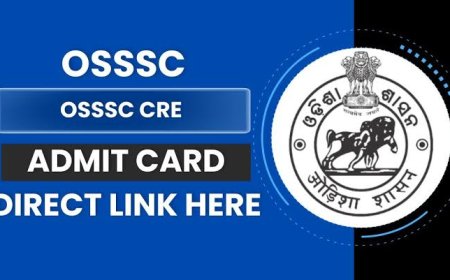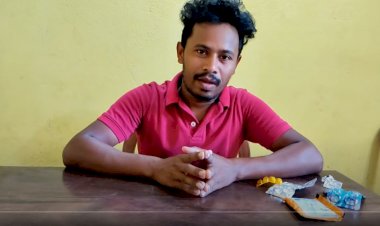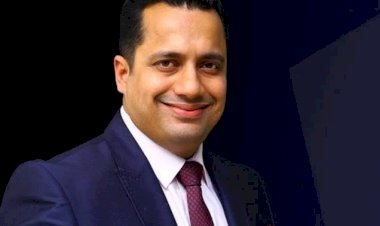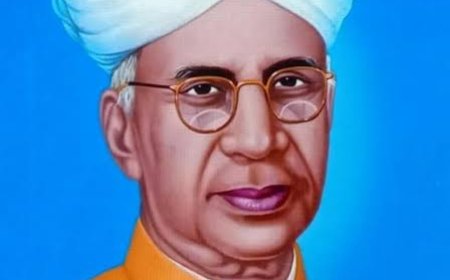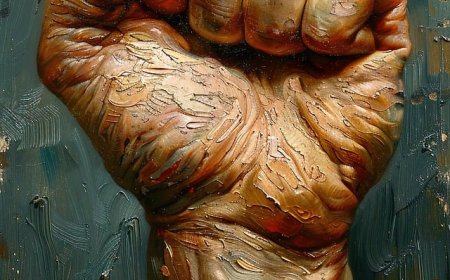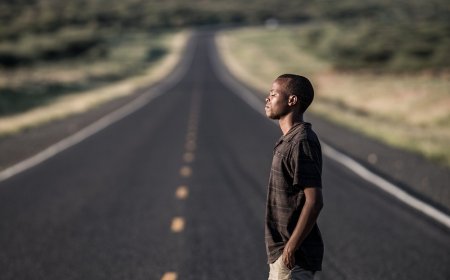Article 15
Article 15
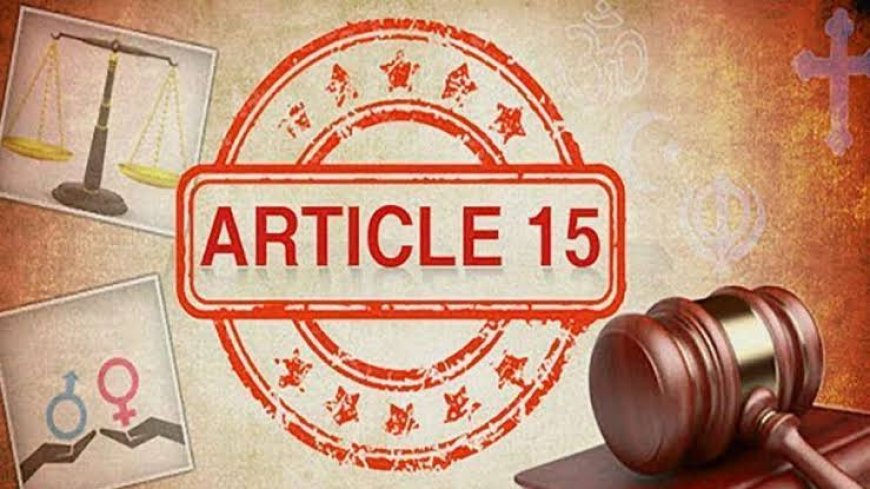
Brief Explanation of Article 15
Introduction
Article 15 is a fundamental provision enshrined in many constitutions, particularly in countries like India, to ensure equality and non-discrimination. It plays a crucial role in protecting citizens from discriminatory practices based on specific attributes, such as religion, race, caste, sex, or place of birth. This article is vital for promoting inclusivity, social justice, and the overall development of a diverse society. The importance of Article 15 cannot be overstated as it forms the bedrock of a democratic and inclusive society where every individual is treated with equal respect and dignity. This explanation provides a detailed understanding of Article 15, its interpretation, its implications, and its impact on society.
Background and Constitutional Context
Article 15 is a part of the Indian Constitution, included under Part III, which deals with Fundamental Rights. Dr. B.R. Ambedkar, the principal architect of the Indian Constitution, emphasized the need to include this provision to ensure the newly independent nation did not fall into the traps of discrimination and inequality that had long plagued its social and economic structures.
The Indian Constitution was designed to create a nation based on equality, liberty, and justice for all its citizens. In this context, Article 15 provides a safeguard against discrimination based on five specific grounds: religion, race, caste, sex, and place of birth. The article’s primary objective is to guarantee equality among individuals and prevent any law, action, or policy that would lead to unfair treatment of people based on these attributes.
Understanding Article 15
Article 15 of the Indian Constitution reads as follows:
1. The State shall not discriminate against any citizen on grounds only of religion, race, caste, sex, place of birth, or any of them.
2. No citizen shall, on grounds only of religion, race, caste, sex, place of birth, or any of them, be subject to any disability, liability, restriction, or condition with regard to:
Access to shops, public restaurants, hotels, and places of public entertainment; or
The use of wells, tanks, bathing ghats, roads, and places of public resort maintained wholly or partly out of State funds or dedicated to the use of the general public.
3. Nothing in this article shall prevent the State from making any special provision for women and children.
4. Nothing in this article or in clause (2) of Article 29 shall prevent the State from making any special provision for the advancement of any socially and educationally backward classes of citizens or for the Scheduled Castes and the Scheduled Tribes.
5. Nothing in this article or sub-clause (g) of clause (1) of Article 19 shall prevent the State from making any special provision, by law, for the advancement of any socially and educationally backward classes of citizens or for the Scheduled Castes or the Scheduled Tribes concerning their admission to educational institutions, including private educational institutions, whether aided or unaided by the State, other than the minority educational institutions referred to in clause (1) of Article 30.
Key Aspects of Article 15
1. Prohibition of Discrimination
Article 15(1) explicitly prohibits discrimination by the state against any citizen based solely on religion, race, caste, sex, or place of birth. This means that the government cannot make laws or policies that differentiate between citizens on these grounds. This provision is essential for ensuring that individuals have equal opportunities and that their rights are not curtailed due to their identity or background.
2. Equal Access to Public Places
Article 15(2) goes further to prohibit discrimination in access to public places such as shops, hotels, public entertainment venues, and places of worship. It also includes access to facilities maintained by the state, such as roads, wells, and bathing ghats. This provision aims to eliminate the discriminatory practices that were once widespread in Indian society, particularly in the form of untouchability and caste-based segregation.
3. Special Provisions for Women and Children
Article 15(3) allows the state to make special provisions for women and children. This is an exception to the general rule of non-discrimination, recognizing that women and children may require additional support or protection due to their social and economic vulnerabilities. Such provisions may include affirmative action policies, special reservations in education and employment, maternity benefits, and child welfare programs.
4. Affirmative Action for Socially and Educationally Backward Classes
Article 15(4) enables the state to make special provisions for the advancement of socially and educationally backward classes, including Scheduled Castes (SCs) and Scheduled Tribes (STs). This clause recognizes that historical injustices and systemic discrimination have left certain groups at a disadvantage. By providing affirmative action measures such as reservations in education and employment, the state aims to uplift these communities and bring them into the mainstream.
5. Admission to Educational Institutions
Article 15(5) was added through the 93rd Amendment Act of 2005 to allow the state to make special provisions for the admission of socially and educationally backward classes, SCs, and STs in educational institutions, including private ones. This provision ensures that marginalized communities have access to education, which is crucial for their socio-economic development. However, it does not apply to minority educational institutions, which are protected under Article 30.
Judicial Interpretation and Landmark Judgments
Over the years, Article 15 has been interpreted by the Indian judiciary through various landmark judgments that have shaped its understanding and implementation.
1. State of Madras v. Champakam Dorairajan (1951)
This was one of the earliest cases in which Article 15 was tested. The State of Madras had issued an order that reserved seats for certain communities in educational institutions. The Supreme Court held that the order violated Article 15(1), as it discriminated based on caste. This case led to the first amendment of the Indian Constitution, resulting in the insertion of Article 15(4), which allowed the state to make special provisions for socially and educationally backward classes.
2. Indra Sawhney v. Union of India (1992)
Also known as the Mandal Commission case, this landmark judgment dealt with reservations for Other Backward Classes (OBCs). The Supreme Court upheld the validity of reservations for OBCs but imposed a 50% ceiling on total reservations in public employment and educational institutions. This case further clarified that Article 15(4) permits affirmative action but must be implemented within reasonable limits to maintain equality.
3. Ashoka Kumar Thakur v. Union of India (2008)
This case challenged the validity of Article 15(5), which allowed for reservations in private educational institutions. The Supreme Court upheld the constitutional validity of Article 15(5) but emphasized that such reservations must not compromise the quality of education or the fundamental right to equality.
4. Navtej Singh Johar v. Union of India (2018)
In this landmark judgment, the Supreme Court decriminalized homosexuality by reading down Section 377 of the Indian Penal Code. While the case primarily dealt with Article 14 (right to equality), it had implications for Article 15 as well. The court observed that discrimination based on sexual orientation is unconstitutional, expanding the interpretation of Article 15 to include protection against discrimination based on sexual orientation.
Impact and Significance of Article 15
Article 15 has had a profound impact on Indian society. It has been instrumental in dismantling deeply entrenched social hierarchies and promoting equality and inclusivity. By prohibiting discrimination, it has enabled people from marginalized communities to access education, employment, and public services without fear of being excluded due to their identity.
The provision has also led to the implementation of various affirmative action policies aimed at uplifting historically disadvantaged groups, such as SCs, STs, OBCs, and women. These policies have been crucial in creating opportunities for marginalized groups and reducing socio-economic disparities. However, the implementation of these policies has also been a subject of debate, with some arguing that they should be time-bound and reviewed periodically to ensure that they do not lead to reverse discrimination.
Criticisms and Challenges
While Article 15 has been a significant tool for promoting equality, it has faced criticism and challenges. Some critics argue that affirmative action policies, particularly reservations in education and employment, can lead to a “quota system” that undermines meritocracy. Others contend that the focus on caste and community-based reservations reinforces identity politics and may create divisions in society rather than fostering unity.
Another challenge is the effective implementation of Article 15’s provisions. Despite constitutional safeguards, discrimination continues to exist in various forms, particularly against marginalized communities, women, and minorities. Social prejudices and biases often lead to discriminatory practices that are difficult to eradicate solely through legal provisions.
Conclusion
Article 15 is a cornerstone of the Indian Constitution, aimed at ensuring equality and preventing discrimination. It embodies the principles of social justice and inclusivity, essential for building a diverse and democratic society. While it has played a crucial role in uplifting marginalized communities and promoting equality, its implementation remains an ongoing challenge. Achieving true equality requires not only legal provisions like Article 15 but also a sustained effort to change societal attitudes and ensure that all individuals are treated with the dignity and respect they deserve.







